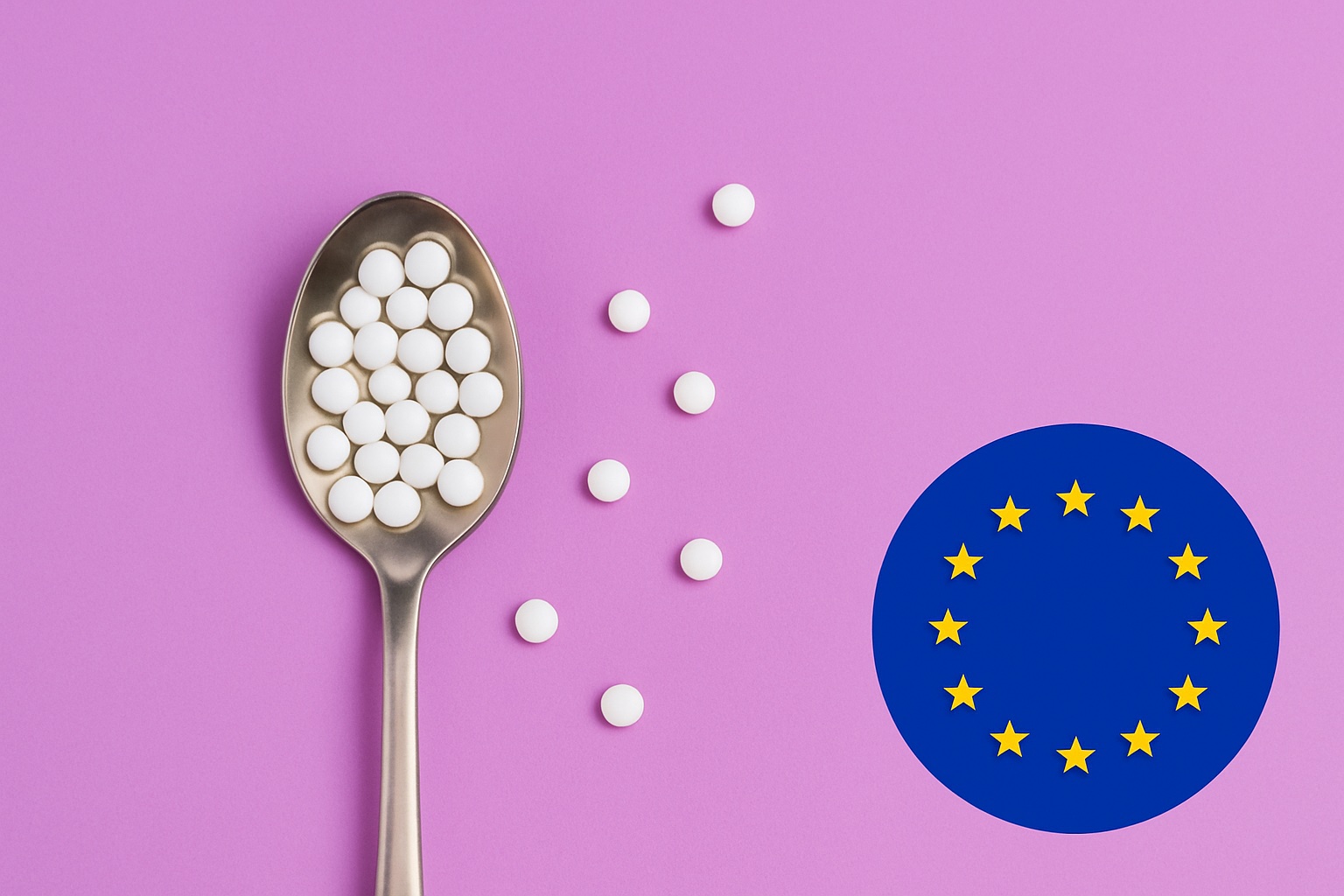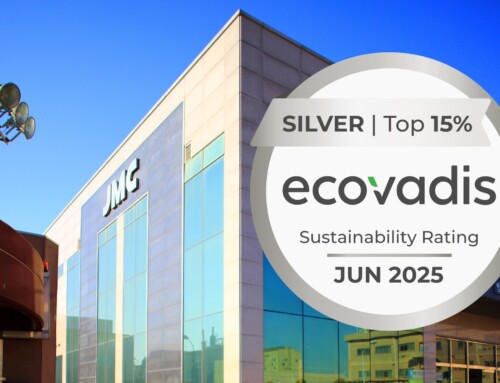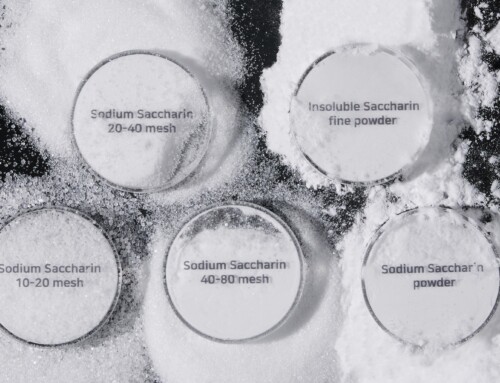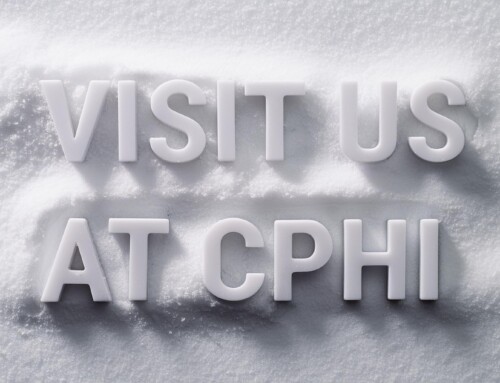Europe’s food regulator has reaffirmed the safety of saccharin as well as increasing the amount that can be safely consumed. The regulator also recommended a definition that restricts the manufacturing of saccharins to the Remsen-Fahlberg process—the original method developed in the 19th century and still used exclusively by JMC.
So what does this mean for you?
We’ve previously shared the news that in November 2024, the European Food Safety Authority (EFSA) confirmed saccharin’s safety for consumers (read the full update). Now, with the full findings published, there are new developments that matter to the food industry—and especially to those who rely on safe, high-quality sweeteners.
EFSA’s re-evaluation of saccharin (E 954) and its sodium, potassium and calcium salts was part of a wider initiative to reassess all food additives approved before 2009. The agency used a rigorous scientific process, reviewing data collected from industry and new research published between 1994 and 2024. Their conclusions are clear:
– The safe daily intake of saccharin has increased from previous limits to 9 mg per kg of body weight per day. This reflects a modern scientific understanding that earlier concerns—based on animal studies—don’t apply to humans.
– No safety concerns were found for any population group, including high consumers.
– Importantly, EFSA has recommended that EU specifications define saccharin by its original manufacturing method—the Remsen-Fahlberg process—ensuring a high level of consistency and purity.
JMC proudly remains the only, major saccharin producer in the world to manufacture using the Remsen-Fahlberg process, which is known for producing saccharin of exceptional quality and reliability. This manufacturing heritage—combined with a commitment to modern safety and environmental standards—sets our saccharin apart.
In addition to endorsing the process JMC uses, EFSA also recommended tighter controls on impurities such as lead and arsenic, and clarified chemical specifications to ensure purity across the market. These changes signal a push toward higher standards for sweeteners used in food and beverages throughout Europe.
At JMC, we see this as more than just regulatory news. It’s confirmation of what we’ve stood for all along: a commitment to making saccharin the right way, with the highest standards in quality, safety and consistency.
When combined with the fact that we manufacture our saccharin in Korea; the safe, reliable supply of the world’s highest quality saccharin is what JMC offers.







